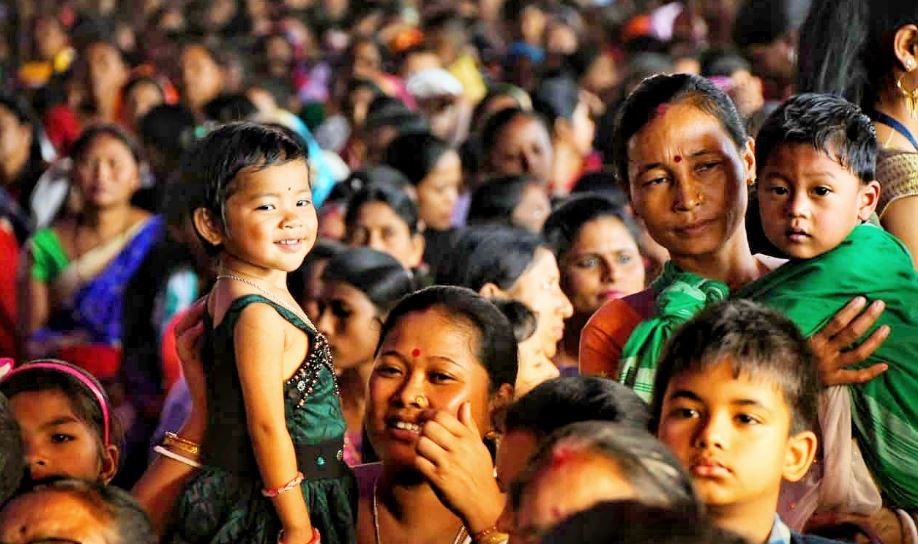Guwahati: The six ethnic groups in Assam — tea tribes, Chutia, Koch-Rajbongshi, Matak, Moran, Tai-Ahom — have been demanding Scheduled Tribe (ST) status for long.
The united forum of the six groups has already staged a number of rallies throughout the state, but the government has been delaying out of concern for a wider backlash from the other tribes who have expressed resentment over the new arrivals to their fold.
Prime Minister Narendra Modi promised to fulfil the long pending demand of the six communities during a speech at an event in Assam shortly after his victory in the 2014 general elections. He also questioned the Congress-led United Progressive Alliance (UPA) government for ignoring the demand. However, even 9 years after the BJP coming to power at the Centre, the situation has not changed for these six ethnic communities.
Communities that meet the five requirements for ST classification — evidence of primitive features, distinctive culture, geographic isolation, reluctance to interact with the population at large, and backwardness — are those that also meet the Central government’s standards.
The National Commission for Scheduled Tribes published a report in 2019 that stated: “After careful consideration, the NCST concludes that the above six communities possess characteristics of Scheduled Tribes and qualify to be included in the list of STs of Assam.”
The proposal to grant ST status to the six communities has already received clearance from both the Registrar General of India and the Anthropological Survey of India.
However, despite having justified the demand for their inclusion in the Scheduled Tribe category, the state government is hesitant to take any step regarding this. The reason is the opposition from the other nine tribal communities — Mising, Bodo, Karbi, Kuki, Dimasa, Deori, Tiwa, Sonowal Kachari, and Rabha — residing in Assam.
Interestingly, people from the unreserved category have also opposed the demand for the six ethnic communities’ inclusion in the ST list, since it would result in fewer seats in the assembly and Parliament for them as the number of seats in the reserved category may increase.
Soon after the draft proposal for delimitation of assembly and parliamentary constituencies was published on June 20 by the Election Commission of India (ECI), there was opposition from a section of people as the number of ST reserved seats was proposed to be increased.
The ECI team conducted a public hearing earlier this month to take suggestions on the published draft proposal. There, many organizations criticised the ECI proposal to raise the number of ST seats as it has resulted in the scrapping of some other category seats.
A senior BJP minister told IANS, “The top leadership of the party fears that there may be greater outrage if the six ethnic communities are granted ST status in the current scenario. We have seen how the situation went out of control in Manipur and here nobody wants any major fault line to be created among different communities.”
Assam has already witnessed a huge protest over the contentious Citizenship Amendment Act in 2019. There was unrest for several days in the state. Any new high-voltage protest may dent the BJP’s chances in the state in the upcoming general elections especially when the majority of the opposition parties have come together to take on Prime Minister Narendra Modi.
Meanwhile, the six ethnic communities held a series of meetings with the state government, however, at present the state only classifies the ethnic groups as OBCs.
IANS
